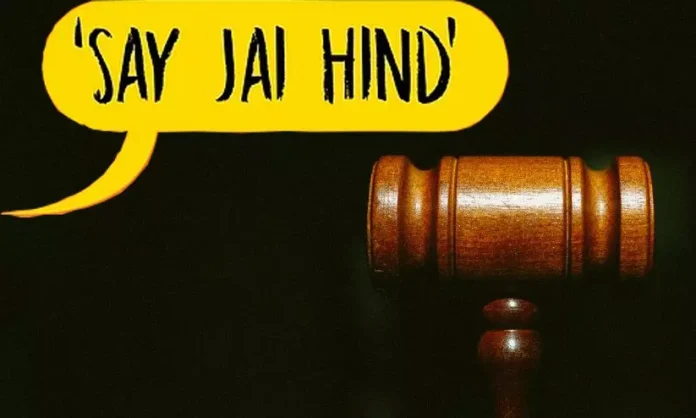Guwahati – A recent bail order from a court in Assam requiring accused Arif Rahman to chant “Jai Hind” three times each morning for 21 days—and post the recordings on social media—has ignited debate over the fairness of judicial practices, reported the Wire.
Rahman was arrested for allegedly praising Pakistan via a fake Facebook profile in the aftermath of the Pahalgam tragedy. While the court granted him bail, it attached an unusual condition: he must record himself reciting “Jai Hind” daily for 21 days and share these videos online .
Lawyers and rights advocates argue that such a directive undermines the fundamental purpose of bail, which is to ensure an accused’s presence at trial and safeguard against flight risk—not to impose symbolic acts of patriotism. Bail should respect the presumption of innocence, they emphasize, and not treat the accused as guilty .
Under the Criminal Procedure Code and the newer Bharatiya Nagarik Suraksha Sanhita, bail conditions must be reasonable—such as prohibiting evidence tampering or preventing escape. Mandating patriotic displays, however, has no legal basis and appears arbitrary .
This is not an isolated case. During the COVID‑19 pandemic, courts had similarly imposed unconventional bail terms—such as donating to PM‑CARES or performing social service—with critics warning this trend shifts judicial discretion toward performative nationalism rather than objective legal standards .
Human rights advocates warn that such judicial overreach may disproportionately target Indian Muslims, reinforcing the notion that they must publicly prove their patriotism. This trend of imposing symbolic tasks risks stigmatizing entire communities and eroding trust in the justice system.




